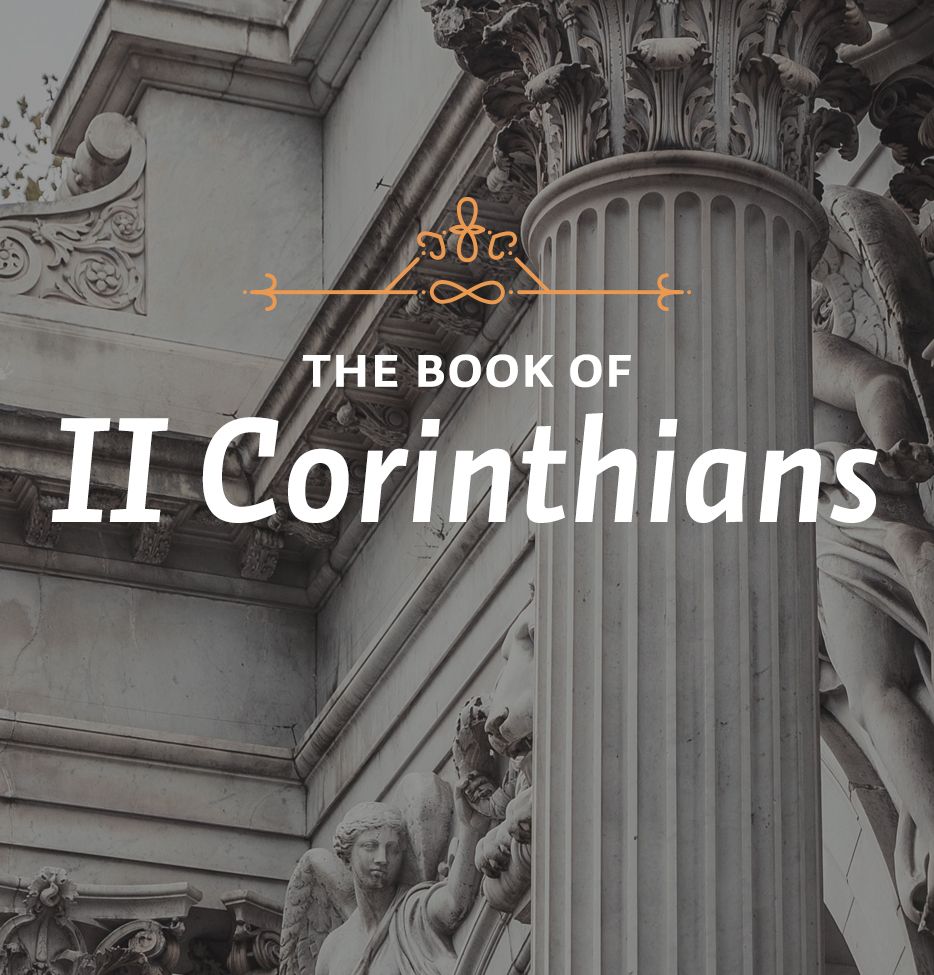Cheerful Givers2 Corinthians 9:6-15Theme: Gratitude.This week’s lessons teach us that we should give willingly, generously, and cheerfully.
LessonThe final aspect of this matter of motivation for giving comes at the very end of chapter 9, verse 15, where Paul says, “Thanks be to God for his indescribable gift.” What Paul is doing here in this very last statement about this offering is to lift the eyes of those to whom he is writing up to God and his great gift of salvation to us through the Lord Jesus Christ. That is the indescribable gift.
It is interesting that he calls it “indescribable.” No human gift is indescribable. You can always describe it. So, when Paul says, “Thanks be to God for his indescribable gift,” the reason he calls the gift “indescribable” is that it is more than human. The gift is the gift of Jesus Christ, the God-man, who, I suppose, even in eternity, will never be able to be fully understood, let alone described.
How can you describe the nature of the Lord Jesus Christ – God and man at the same time? It took the early church over four hundred years to even formulate that doctrine. It was not until the council that took place in a.d. 381 that they decided what the Trinity was all about. It took another eighty years after that before they could decide how the two natures of Christ related to the Trinity. The final formulation was that God is one God and three Persons and that Jesus was one Person with two natures. It took all that time and yet they still did not adequately describe Jesus Christ. He is beyond our understanding.
If that is true of his Person, it is also true of his work. How can we describe completely what the Lord Jesus Christ achieved for us by his death on the cross? The Bible is filled with images to describe it. It talks about redemption, and reconciliation, and atonement, and justification, and a host of other illustrations. Yet those do not exhaust the theme. This is what Paul means, that what God gave us is an indescribable gift.
So the point of this is that if God has so given to us cheerfully, willingly, and generously–even giving his own Son for our salvation–then how generous, willing, and cheerful must we be as we give to others? In the early church, there was a great man, Chrysostom, who wrote a sermon entitled, “The Liberality of the Widow of Zarephath.” It was based on the woman in 1 Kings 17 who gave her small handful of meal to keep alive the prophet Elijah. Chrysostom compared her generosity to that of Abraham, which also is often cited because when the angels came, he ran to the herd, and took an animal, and sacrificed it in order to feed the angels. Here is what Chrysostom wrote: “This woman ran the risk, not of poverty only, but even of death and extinction, and not only that of herself, but also of her son.”
She outstripped the hospitality of Abraham, for he had a herd from which to fetch a calf, whereas she had but a handful of meal. For the sake of the stranger, she spared not even her son, even when she looked not for things to come. Chrysostom gave that great example to the people of his day who certainly had far less than we do. Chrysostom wrote, “Let us scatter abroad.” He means let us give of our material wealth to the poor as we ought to give, for it is not possible that lust of wealth and righteousness should dwell together in one man.
May we likewise pass from being among the company of the miserable to those who are made joyful in the Lord as we reflect, by his grace, something of that liberal spirit that caused him to give his Son, the Lord Jesus Christ, for our salvation.
Study Questions
Where was Paul attempting to focus the gaze of the Corinthians? Why?
Why does Paul call God’s gift indescribable?
How was the doctrine of the Trinity formulated?
Further StudyRead the story of the widow from Zarephath in 1 Kings 17:7-24. Make observations about the characteristics of her giving and how God operated through it to bring blessing.
DefinitionJohn Chrysostom: Bishop of Constantinople during the late 4th century a.d.






